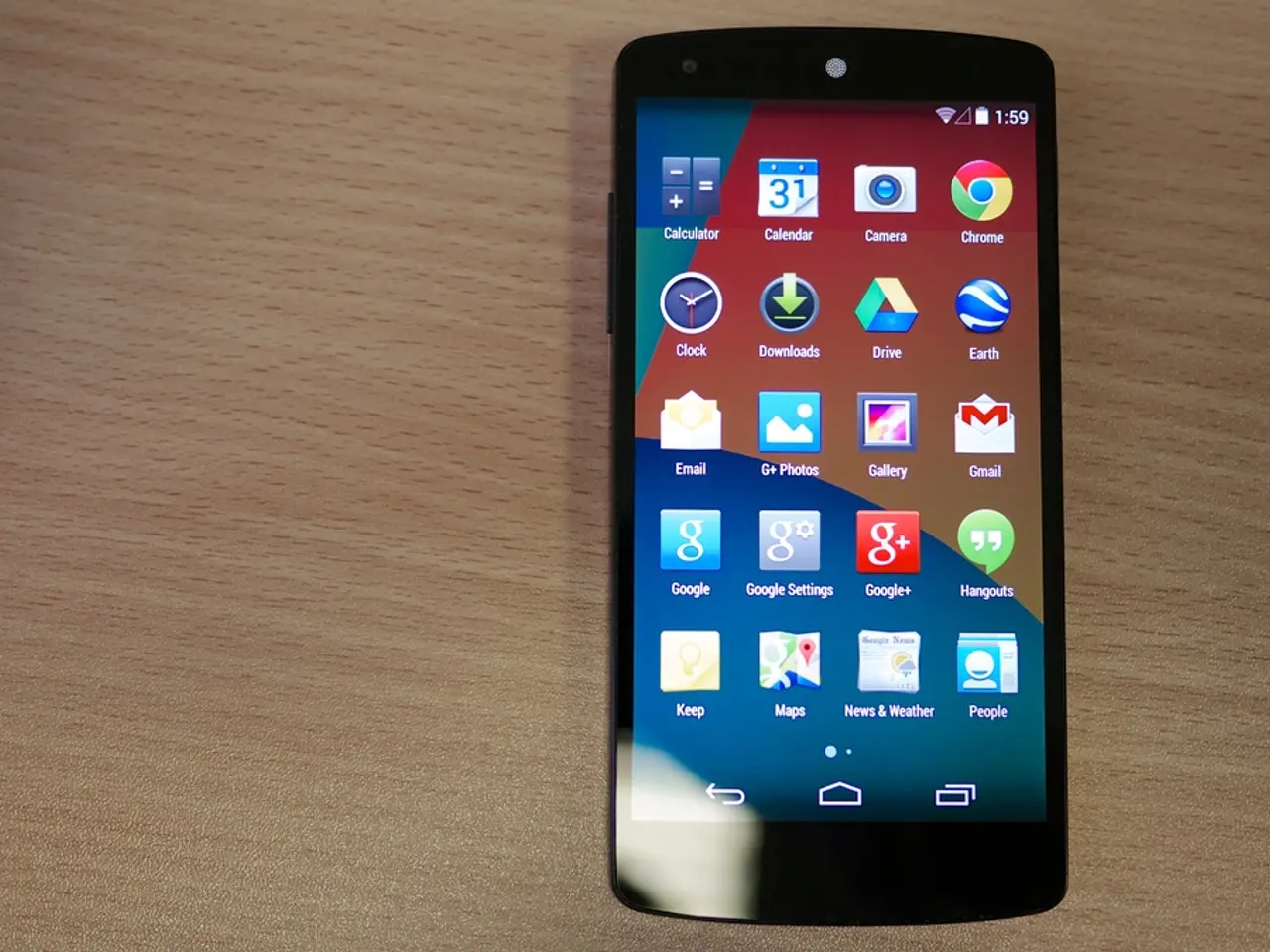UK app rankings see a rise in Proton VPN usage coinciding with the implementation of age checks for pornographic content
In the digital age, the UK's Online Safety Act, enacted on July 25, 2025, aims to protect minors from harmful online content. However, the legislation's implementation has sparked a debate, particularly surrounding the surge in demand for Virtual Private Networks (VPNs).
Jake Moore, a global cybersecurity advisor at Slovakian software firm ESET, has stated that the UK will not ban VPNs, as it would be nearly impossible and would dramatically disrupt legitimate use. This assertion comes in response to fears that the government could ban VPN services, as they are being used to bypass age verification checks.
The surge in VPN use, with ProtonVPN alone seeing a 1,400% increase in UK sign-ups, raises questions about the enforceability and effectiveness of the regulation. While VPNs can bypass age verification by masking user locations or identities, this undermines the law's intent to protect minors.
The surge in VPN use also presents privacy and security risks. Age verification methods, ranging from photo ID uploads to credit card validation, pose significant privacy risks as sensitive personal data must be shared and stored. VPN use is partly driven by fears over data breaches and misuse of such information.
Katie Freeman-Tayler of children's safety group Internet Matters has raised concerns about how easily children can access VPNs. She emphasises that they make it easy for children to circumvent important protections introduced under the Online Safety Act.
The debate extends beyond privacy and security concerns. The UK regulator, Ofcom, strongly discourages using VPNs to circumvent the law, emphasising child protection over user convenience. However, a public backlash with over 420,000 signatures calls the law overreaching, triggering a Parliamentary debate.
Politically, opinions remain divided. Some officials defend the law as necessary to shield children, while others question its scope and practicality. Criticism of the Online Safety Act has come from political quarters, with concerns about its potential impact on user privacy and free speech.
Nigel Farage, leader of right-wing political party Reform UK, has pledged to repeal the Online Safety Act, labelling it "authoritarian" and a threat to free speech. Proton, like other tech firms, has previously criticized the Online Safety Act for potentially eroding user privacy by forcing companies to scan private messages or break end-to-end encryption.
In the UK app store rankings, Proton VPN has become the most downloaded free app, with six out of the top ten free apps currently being VPN services. This trend reflects a broader trend among VPN services being used to sidestep not only geo-blocks but also legal restrictions on content access.
In summary, the UK's Online Safety Act aims to protect minors from harmful online content, but the surge in VPN usage raises complex issues around regulation enforcement, user privacy, the security of age verification methods, and broader debates over internet freedom and child protection.
Technology plays a crucial role in the use of Virtual Private Networks (VPNs) by individuals seeking to bypass age verification checks stipulated by the UK's Online Safety Act. According to Jake Moore, a global cybersecurity advisor, the UK government has no plans to ban VPNs due to their legitimate uses, but their widespread adoption raises concerns about privacy and security issues.




